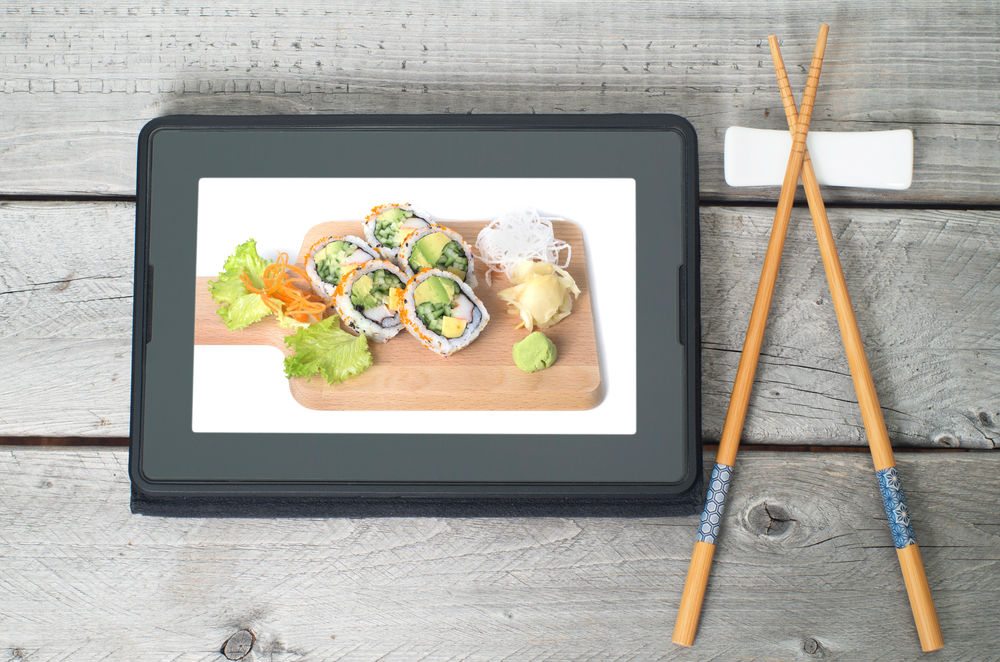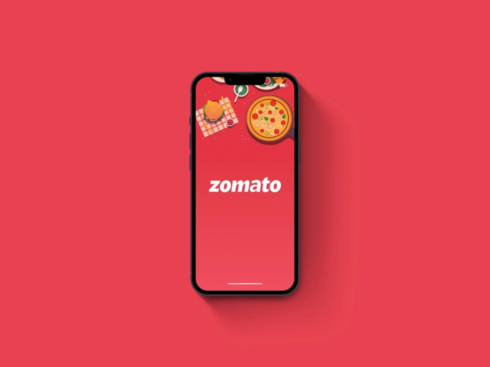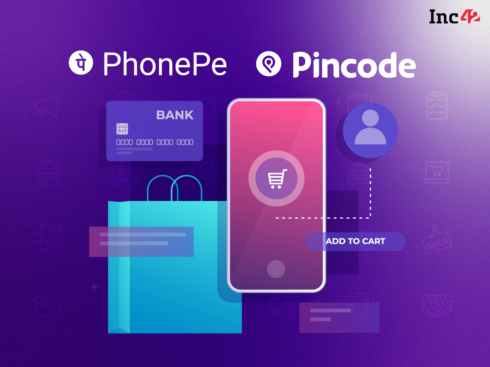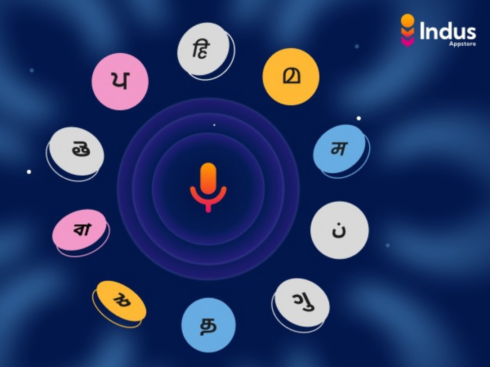We were primarily a content/media product company until about mid-last year, when we launched our online ordering (delivery) service. We weren’t a newcomer in the space, though – back in 2005 (long before Zomato/Foodiebay was born), Deepinder (our Founder & CEO) launched what was probably India’s first online food delivery site, named Foodlet.
Our new online food ordering business has been one of our steepest learning curves. While we had learned our fair share of what to do and what not to do by observing other players in the space, most of our learning has come by doing.
Two million orders and many thousands of happy customers on, this post is to put forth some of our key learnings (new ones and reinforcements) from our online food ordering business.
Focus on customer delight and cohorts
In any business, you are only as good as your customers think you are. We hustle for every single customer’s issue, and make sure that we minimise our order failure rate (orders which don’t get delivered for one reason or another) – that number is well below 0.5% now.
One truth we learned very early on is that apart from the usual stuff, there’s literally any number of things can go wrong with an order despite everyone’s best efforts. And it’s up to us to make things right. Something we’ve been doing since the very beginning in situations that hit rock-bottom with customers is to send them a care package, with a personalised handwritten note. It’s a small gesture that makes a big difference.
Hey @ZomatoIN: thanks to Lakshada & team for the gracious words & care package – they’ve turned me into a huge fan! pic.twitter.com/qcYlNjDa11
— Saurabh Kanwar (@kanwarsation) February 16, 2016
Another thing we’ve done is to make our support team very easy to access via a chat feature, built right into our app. It saves customers the hassle of making phone calls for any kind of order query or request, and helps us serve them better.
Other companies delivering Food offer huge discount. Zomato offers brilliant post order service. I opt for later. pic.twitter.com/jcYxc9k20X
— AT (@abhishek_tri) March 25, 2016
Going the extra mile to tell our customers we care about them has made a difference, and it shows in our customer retention rates. Over time, our cohort curves have begun to look like smiles, and the frequency of orders has also grown exponentially for returning customers. In India, the order frequency for retained customers has increased 2x from 1.5 in Jun ‘15 to 3.2 in Jan ’16, while in the UAE, frequency has increased an even more significant 4x from 1.6 in Sep ’15 to 5.1 in Jan ’16.

A low-spending customer will always be a low-spending customer
A few weeks ago, we ran the numbers on the first-order value for a group of customers to see if we could predict the basket size for their future orders. We found that the value of the first order does define how much those customers will spend in the future – a staggering ~70% of the customers whose first order was lower than Rs. 200 have not spent more than Rs. 300 on future orders.
This trend becomes especially relevant if you are luring customers to your platform by running offers that drive the cost of a meal below the Rs. 300 mark, and then taking on the cost of delivering the meal yourself. Customers might love it, but it’s a double whammy – they end up spending less on future orders, and it hits the unit economics hard. Even if you aren’t doing the last-mile delivery yourself, it’s very hard to make a single penny out of an order upto Rs. 300 value. Which brings us to the next point…
Focus on valuable volume
The only way to counter the trend of low-value first orders is to have a large enough number of high order value restaurants that can balance out the economics. Our Average Order Value (AOV) is very high (Rs. 500 ($7.5) in India, and AED 60 ($17) in UAE), because we’ve focused on partnering with a healthy mix of restaurants across the price spectrum. This way, the economics balance out if we have a small number of customers ordering a meal for one with a relatively lower AOV.
Burning money in an unreasonable way to grow the business doesn’t make sense. Agreed, competition is tough, but positive unit economics are necessary for any business to scale. Building companies on negative unit economics is an unproven concept, and has far too many disasters associated to it.
Don’t set expectations you can’t sustain
As much as you’d like to, you can’t promise 30-minute delivery with no-questions-asked refunds for orders below Rs. 500 – that’s like trying to provide Taj-quality services at corner-sweet-shop prices. It is important – and sensible – to set very real and sustainable expectations with customers. And while some of these pain points can be solved with tech, using brute force and money to try and provide a differentiated level of service can only last as long as the money in the bank.
We recently deployed a preliminary version of a self-learning algorithm that predicts how long it might take for a restaurant to deliver to a specific location at a certain hour. When customers in that location are browsing restaurants they can order from, we show restaurants that will deliver food to them the fastest first. This (and some other cool tech) brought our average delivery time down to 38 minutes over three months.
Ask yourself a question – what’s your unfair advantage?
Our unfair advantage is our traffic from our search and discovery business, which we’ve spent years building. It’s given us a large number of users we can gradually start moving from using Zomato to just search for restaurants, to ordering from them online. This directly affects our Customer Acquisition Cost (CAC), which works out to near-zero ($0.07 at the time of writing this).
Zomato users call restaurants through Zomato to place a food order 200k times every day – our aim is to convert a significant number of those to online orders relatively quickly. But the most exciting thing for us is that of the 10 million monthly active uniques in India and the UAE – the two markets where we have launched online ordering – less than 2% of them are currently ordering online on Zomato. So theoretically, there is room to grow 50x within Zomato before we need to go acquire new customers.
Money is never an unfair advantage unless you have orders of magnitude of it greater than your competitors. Even then, the service you provide needs to be of the highest quality, or you will get killed by the marketplace.
The restaurant is as important as the customer
We approach restaurant partners with the understanding that our relationship with them will go beyond the transaction. It’s straightforward – if restaurants succeed, so do we. Our classifieds business gave us very clear indicators of where the customer interest was, and how we could expect a restaurant to perform. We brought these partners on board, and work with them on an ongoing basis via dedicated account managers whose mission is to ensure that our partners grow and keep our customers happy. We increased our acceptance rates dramatically from 87% to ~95% by working proactively with restaurants to help them understand the importance of great customer experiences.
Bringing high-potential restaurants on board has proven to be a key growth driver for us, and they are seeing the results too – as of today, over 3,000 of our partner restaurants are consistently receiving at least 30 online orders a month via Zomato. And we are just getting started.
Most restaurants in India already use our Zomato for Business app to reply to reviews, and update information real time. We’ve equipped the app with a feature which gives them the option to post deals that help them boost their order volume. This has seen great adoption from merchants – most of the offers seen on Zomato Order are posted directly by the merchants; and ~25% of all online orders on Zomato have an offer applied to them. In fact, Zomato might already have the largest number of restaurant deals and offers without creating a separate deals platform for the purpose.
Every day should be better than yesterday
Of all our teams at Zomato, our order team possibly iterates the most on a daily basis. The delivery business is extremely dynamic, and the only way to stay ahead of the game is to continuously improve various things we do every day. There are various vectors in this business, and more often than not, improving something ends up compromising something else. The trick is to find the right balance which is sustainable for the business. Every 0.5% margin improvement, and 0.5% improvement in customer retention rates make a difference. And the only way to continuously improve is to never consider something as “done”.
===
That’s about it for now. Hopefully, we should have more to share in a few months from now. Also, coming up in a couple of days – a post on how we built the transactions DNA at Zomato. It’s the background story on how we pivoted our DNA (and not just the business) from that of a content business to a transactions business.



























